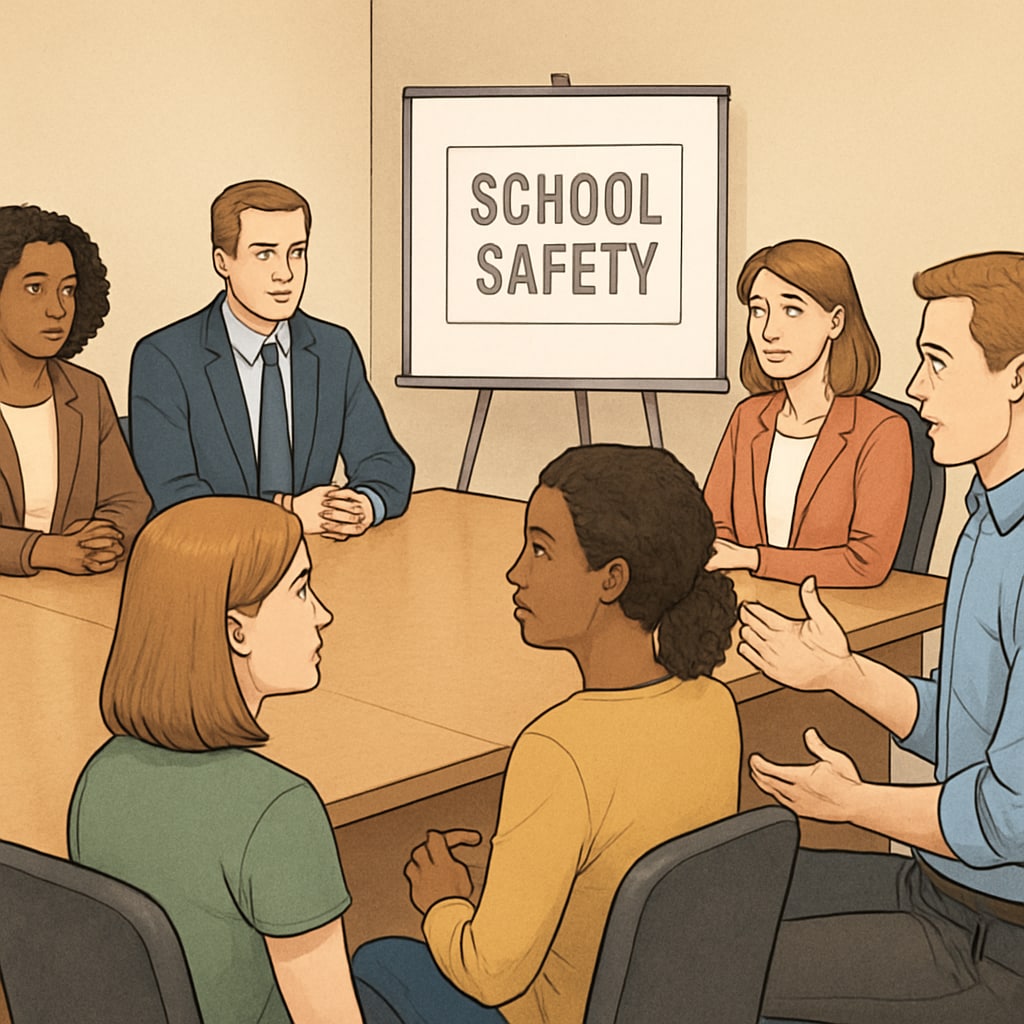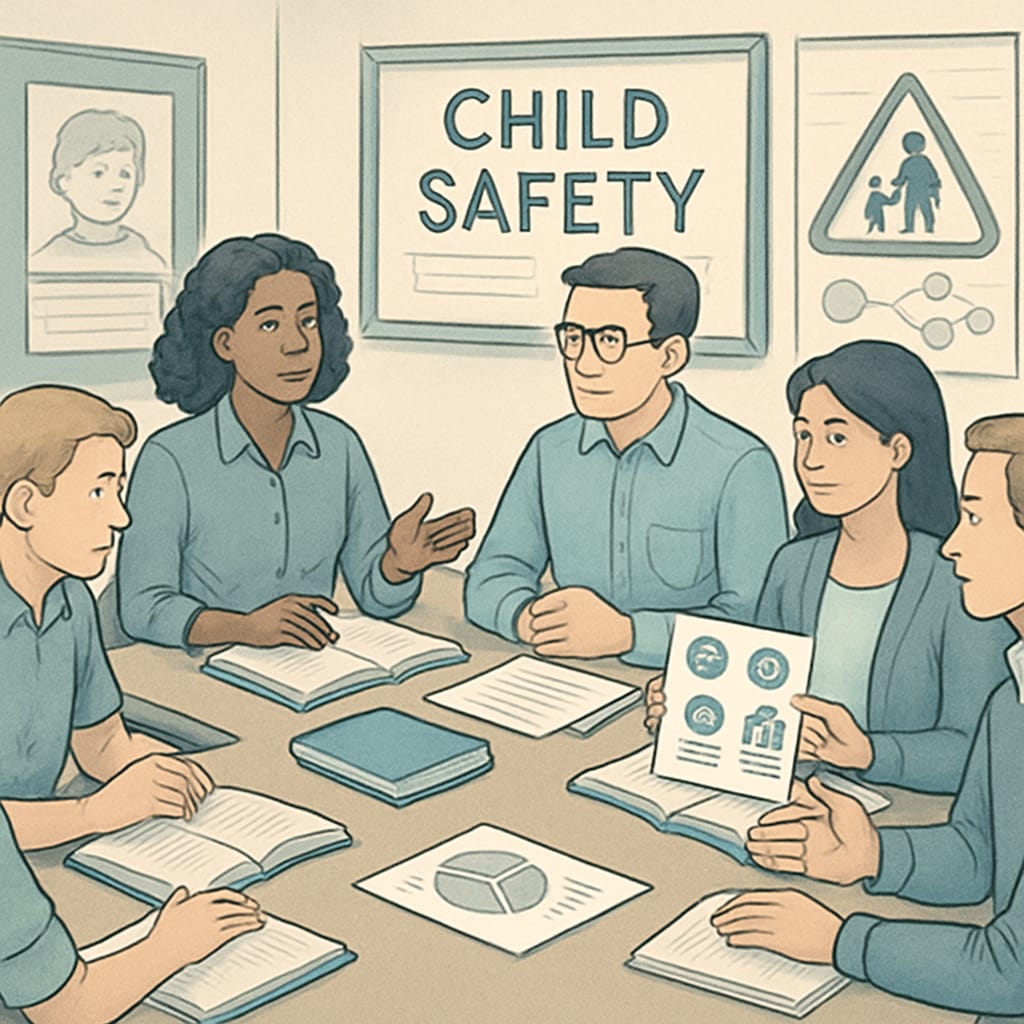The appointment of individuals with a history of child abuse to positions on school boards sparks serious concerns about student safety and community trust. This issue highlights the critical need for thorough background checks and proactive community action to ensure the integrity of school governance. Schools are entrusted with the care and development of children, and the presence of individuals with a questionable past in decision-making roles undermines this responsibility.
The Importance of Background Checks in School Governance
Background checks serve as a vital safeguard in preventing individuals with a history of child abuse or other harmful behaviors from taking on influential roles in educational institutions. When these checks are neglected, the consequences can be devastating, ranging from compromised student safety to the erosion of public confidence in the school’s ability to protect its students.
For example, schools in several regions have faced public outcry after it was discovered that board members had histories of child abuse allegations. Such revelations often lead to tension between the community and school leadership, further complicating efforts to maintain a safe and supportive learning environment.
- Ensure mandatory background checks for all school board candidates.
- Establish clear policies on disqualifying individuals with past abuse convictions.
- Involve independent oversight committees in the vetting process.

Community Action: A Path Toward Ensuring Safety
When concerns arise, communities must take organized and strategic action to protect students. Advocacy groups, concerned parents, and educators can collaborate to demand transparency and accountability from school leadership. Effective community action can include petitioning for stricter hiring guidelines, attending school board meetings, and using social media to raise awareness about safety concerns.
Additionally, communities can push for legislation that mandates rigorous background checks for school governance roles. For example, several states have introduced laws that require all school board members to pass criminal background screenings before taking office. Such measures empower communities to prevent individuals with harmful histories from influencing educational policies.
- Organize public forums to discuss safety concerns.
- Engage local media to highlight the issue.
- Work with legal experts to draft policy recommendations.

Moving Forward: Balancing Governance and Protection
Ensuring student safety while maintaining effective school governance requires balancing transparency, accountability, and proactive measures. Schools must adopt comprehensive policies that address both immediate concerns and long-term preventative strategies. This includes regular audits of board member backgrounds, as well as creating open channels for community feedback.
Ultimately, child protection must take precedence over any other considerations in school governance. When communities and schools work together, they create an environment where students feel safe, supported, and empowered to thrive. By prioritizing student welfare, schools foster trust and build stronger relationships with families.
Key Takeaways:
- Prioritize child protection in school governance.
- Advocate for mandatory background checks and disqualification policies.
- Engage in community action to address concerns and enforce solutions.
Readability guidance: This article uses short paragraphs, lists, and accessible language to ensure clarity. Transitions such as “however,” “in addition,” and “for example” are used to guide readers smoothly through the content. Avoidance of excessive passive voice ensures active and engaging communication.


